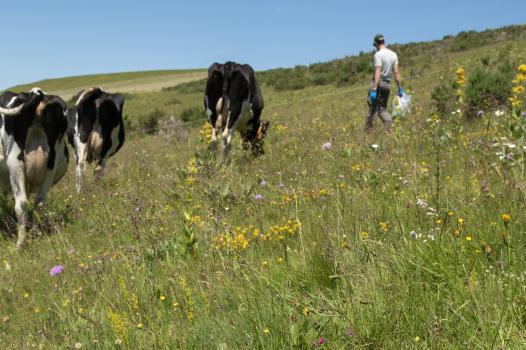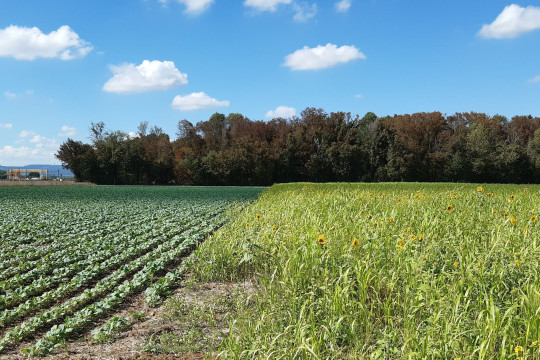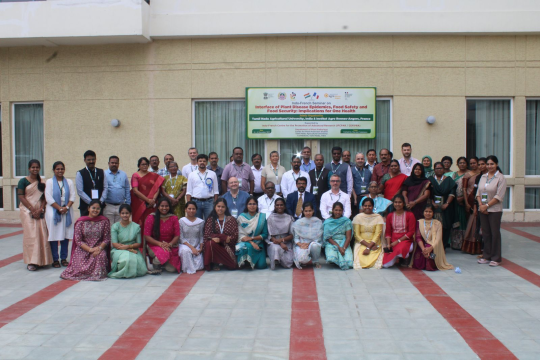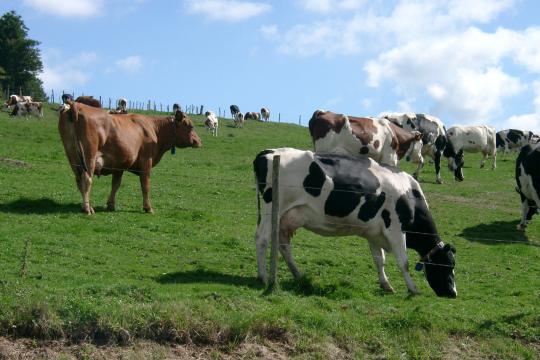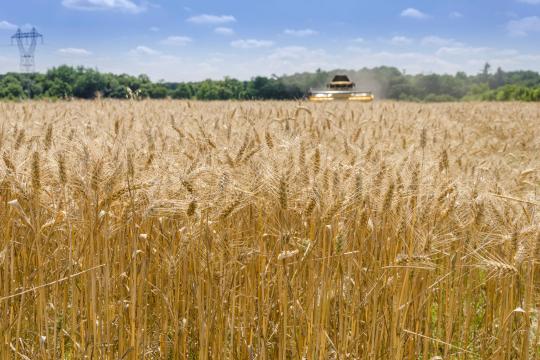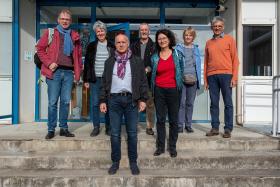Thematic
Agroecology
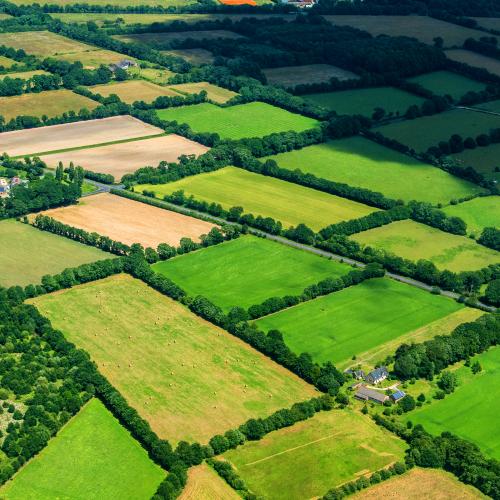
Agroecology, for multi-function agricultural systems
At INRAE, we perform research that will contribute to the UN's 2015 sustainable development goals. We are using agroecology to explore how we can transition towards low-input multi-function agricultural systems that are less fossil fuel dependent.
Agroecology, a profound change
This research builds on basic knowledge about the different components of cultivated ecosystems: soils, plants, and animals, as well as their pathogens or symbionts. Genetics and biotechnological tools are deployed to increase the stress tolerance of plants and animals that are infected with pathogens, in poor physical condition, or facing unfavourable climatic conditions. This new type of agriculture will exploit a suite of novel solutions that draw on biological control, the integrated management of animal health, research on the complementary facets of crop and livestock production, and the diversification of production systems and landscapes. We will use experiments, analysis, and modelling to design new agricultural systems. These major changes will be enhanced and accelerated by digital resources (e.g., new sensors, robotics, information processing, artificial intelligence, and traceability).
Key results
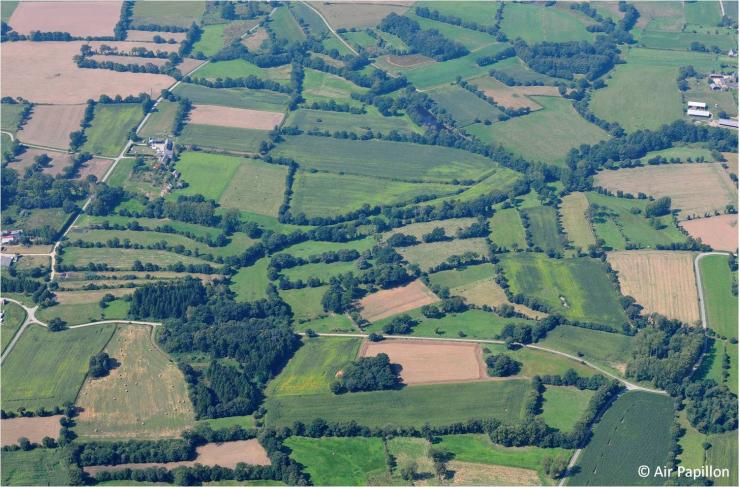
Transforming agriculture Scientific collaboration for pesticide-free agriculture Synthetic pesticides, which are used on a large scale for reliable food production, contaminate the environment and affect biodiversity. By mobilising our research and expertise, we can reduce the impact of pesticides and find alternative solutions to protect crops. Stakeholders from around the world are working together in order to support the transition to a new agricultural system.
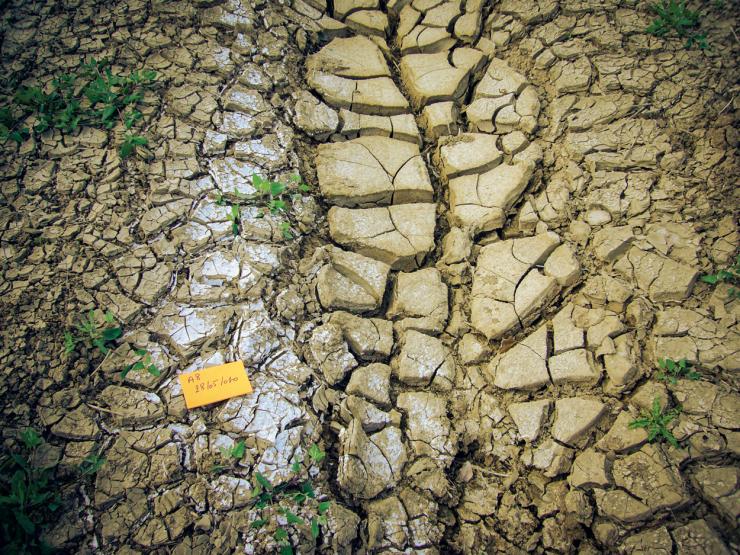
Soil sustainability Soil Quality: towards an indicator system for public policy Soil performs a variety of functions that are essential to our terrestrial ecosystems, our food security and our health. Policymakers currently lack usable indicators to help them develop policies to ensure and protect healthy soils. A study coordinated by INRAE and released on 20 November 2024 provides a wealth of documented and shared information for assessing soil quality.
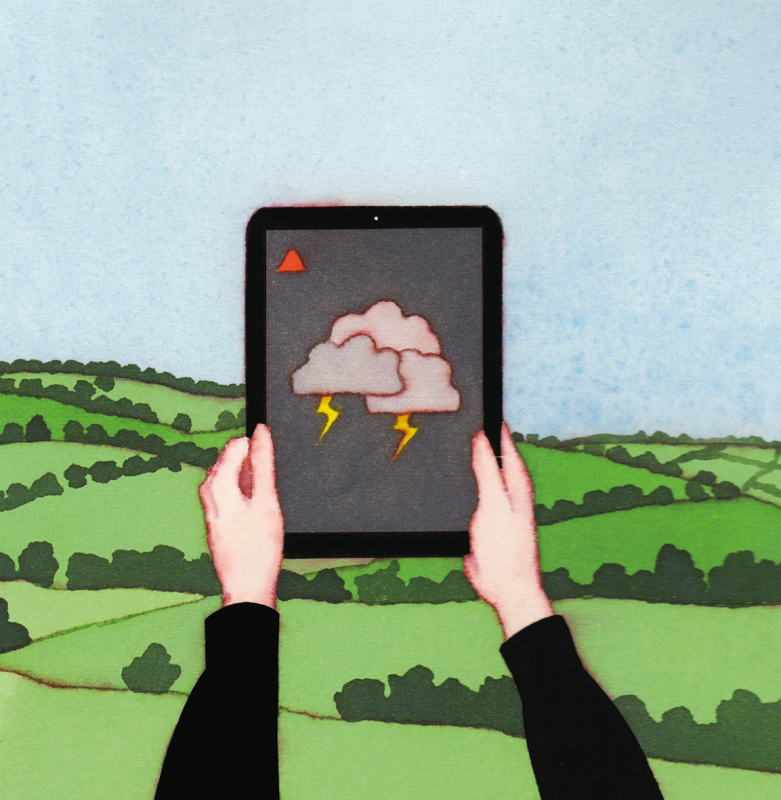
Digital agriculture Digital routes to sustainability in agriculture
Digital technologies offer a broad spectrum of applications in all areas of activity, including agriculture. Digital is an established friend to farming and the food chain. However, as the pace of its expansion increases, so do questions over the types of farming we need and the nature of the digital support they will require. This dossier showcases INRAE’s work to devise digital systems that are truly useful and sustainable in the field.
Our fields of research
Our research runs the gamut from basic plant biology, with the study of plant genomes and how they function, to understanding all aspects of cultivated ecosystems, from interactions between the soil, plants, animals and microorganisms, integrated management of plant and animal health, and the design of innovative agricultural systems.
> Read reports and emblematic cases from our research in these areas. New issues will regularly be posted for this topic.

